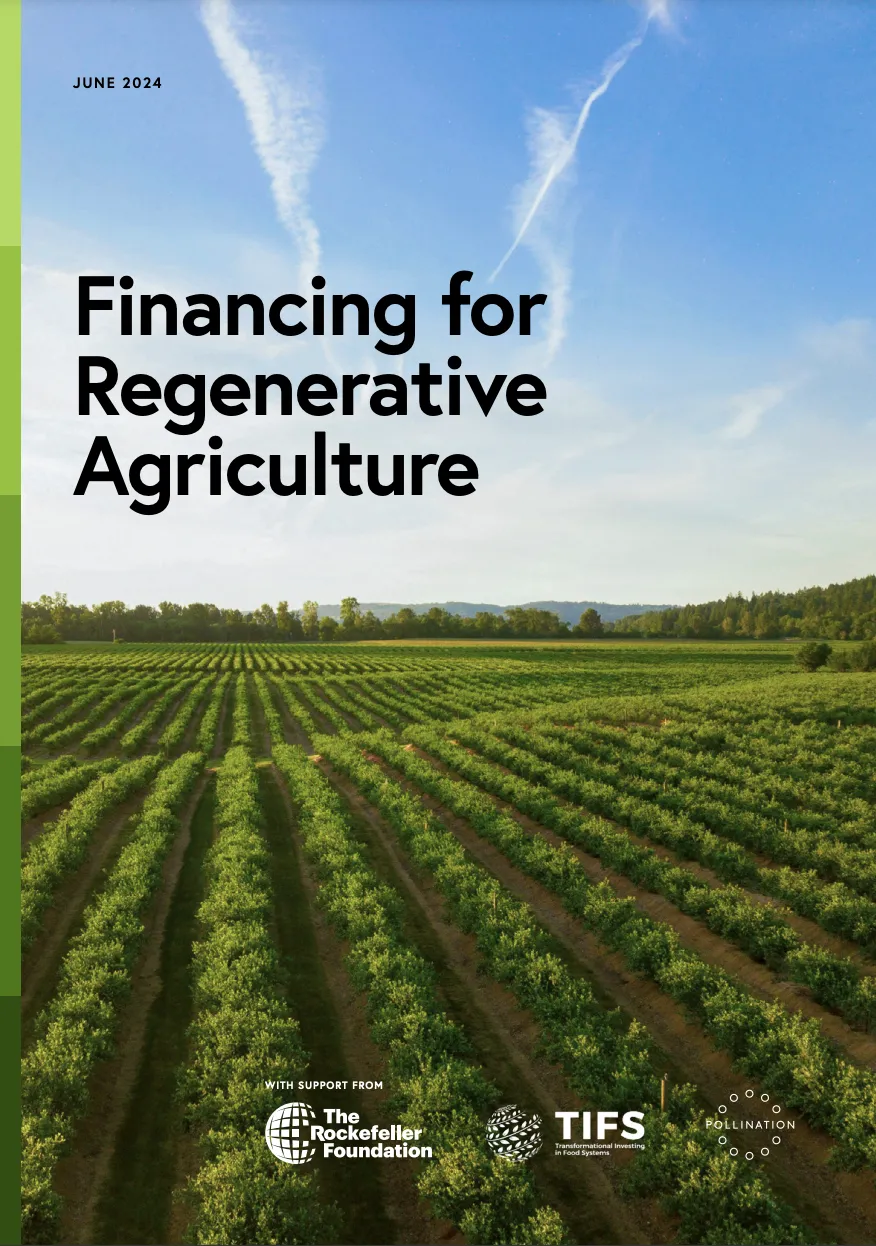The Plating up Progress? project, run jointly by the FCRN and the Food Foundation, has released a new investor briefing, Plating Up Progress Part 1, which looks at the sustainability risks and opportunities that exist for food retailers, caterers and restaurants.

Plating Up Progress Part 1 addresses the following key areas of interest for food industry investors:
- Critical food-related challenges include climate change, biodiversity loss, water scarcity, obesity and hunger, human rights, animal welfare and antimicrobial resistance.
- To “fix” food we need sustainable food production, food waste reductions and, crucially, dietary shifts.
- Food retailers, caterers and restaurant chains are uniquely placed to influence all three changes we need to see.
- System-wide risks exist if we fail to act urgently.
- Transitional risks and opportunities that concern these food sectors are:
- Shifts in consumer demand
- Increasing regulation around healthy and sustainable food
- Reputation
- Food supply and price volatility.
- Food businesses that are heavily dependent on revenue from unhealthy and environmentally damaging foods are most at risk.
Plating Up Progress Part 2 will follow in September 2019 to assess risks and opportunities in the UK food retail and restaurant sectors, and how critical disclosure gaps can be filled.
Download the Part 1 investor briefing here (PDF link) and register for one of the webinars supporting the investor briefing:
- Wednesday 10 July 2pm (BST) https://zoom.us/meeting/register/654ab195901e8b7834538d7d4481ef37
- Thursday 11 July 2pm (BST) https://zoom.us/meeting/register/441c916e987ebd424ac87b605f06faf5
- Wednesday 17 July 2pm (BST) https://zoom.us/meeting/register/2f57079431c4bb61c5b9141539e44ee6
On the 5th September, Plating Up Progress will hold a multi-stakeholder conference for investors, businesses and policy makers on accelerating change in the food industry. Keynote speakers include Henry Dimbleby, who is leading the UK government's National Food Strategy, with input from both food business trailblazers and those providing industry benchmarks. To register your interest, email Will Nicholson.
See also the Foodsource resource The value and limitations of lifecycle assessment.




Comments (0)